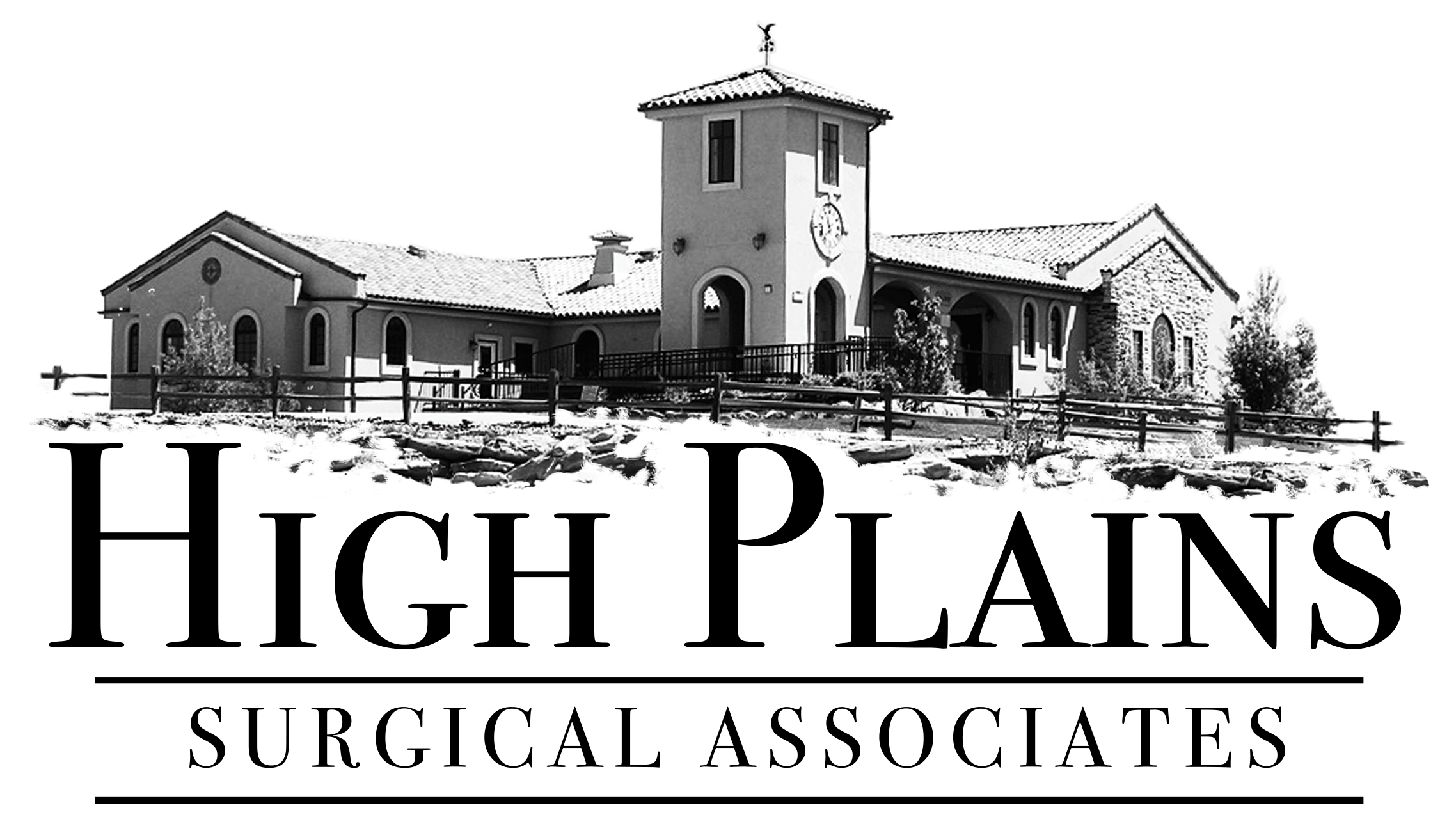Understanding Hernias: All You Need To Know
When brought up, the topic of hernias is often an interesting one. With a combination of uncomfortability and misunderstanding around the topic, many are not educated as to what hernias are. Let’s examine what hernias are, the causes of them, and the treatment.
What are hernias?
Hernias are simply when a tissue or an organ pushes through a weakened spot in the surrounding muscle or tissue wall. While hernias can happen in a variety of parts in the body, they are most commonly found in the groin or abdomen. They are also often found on a body part that was previously given surgical incisions.
What can cause hernias?
Because hernias occur when a tissue or organ pushes through a weakened spot, the causes of hernias are various factors that lead to the weakening of those spots. Factors that can develop weakened spots where hernias are more likely include but are not limited to the following:
Having a job that requires heavy lifting or many hours of standing
Chronic coughing or sneezing
Chronic constipation (or straining to go number 1 or number 2)
Pregnancy (repeat pregnancy even more so)
Chronic obesity (BMI > 30)
Previous surgeries
The complications that hernias can cause are not pleasant. While the issues vary based on the size and type of hernia, the general information to be aware of is that with a hernia, heavy pain can occur, along with other issues such as obstruction of your bowel, tissue death, and blockage of your blood supply. Clearly, not good news. So what can be done to treat hernias?
How to treat hernias
The first step in treating a hernia is to get a physical exam from a healthcare professional. This is important because depending on the type and severity of the hernia, different treatments will be utilized.
Although treatment of a hernia is typically going to be surgery, a smaller, mild hernia may simply require a “wait-and-watch” strategy to see if the symptoms worsen. If the hernia isn’t all that painful and isn’t negatively affecting your daily life, surgery may not be necessary.
For more severe hernias, there are different types of surgery that can be done. Hernia repair surgery is a common one, involving a surgeon pushing the herniated tissue back where it should be and repairing the barrier it penetrated through surgical mesh or stitches. This surgery is usually minimally-invasive, which will allow for a fairly quick recovery.
Need hernia treatment?
If you or someone you love are struggling with a hernia, the first step is to get it checked out by a medical professional. At High Plains Surgical Associates, we’d love to help you diagnose and treat your hernia. Give us a call today at (307) 682-7555 to schedule a check up.
